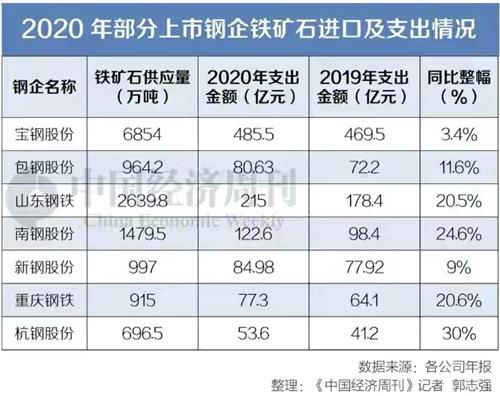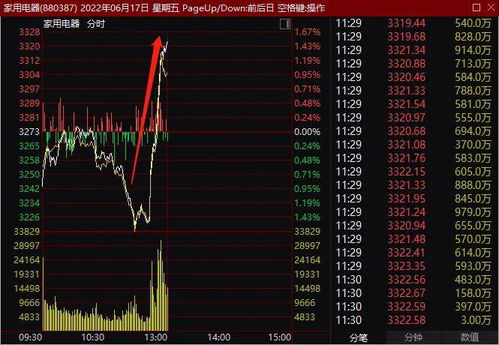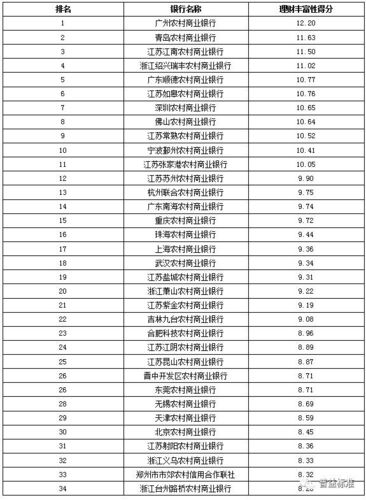股票为什么下跌的原因
Understanding Stock Price Movements: Why Stocks Decline Without Rising
Stock prices can be influenced by a multitude of factors, leading to both upward and downward movements. Here are several reasons why a stock might be falling without subsequently rising:
1. Market Conditions and Sentiment
Overall Market Decline:
A broader market downturn can drag down most stocks, regardless of individual company performance.
Investor Sentiment:
Negative news, economic indicators, or geopolitical events can sour investor sentiment, leading to a selloff across the market. 2. CompanySpecific Factors
Poor Earnings or Outlook:
If a company reports lowerthanexpected earnings or provides a weak future outlook, investors may sell off their shares, causing the stock price to fall.
Management Issues:
Leadership changes, scandals, or mismanagement can erode investor confidence and drive share prices down.
Product or Service Failures:
If a company's core products or services face setbacks or fail to meet expectations, it can impact the stock negatively. 3. Industry Trends
Sector Performance:
Stocks within a particular industry may decline if the sector as a whole is facing challenges, such as regulatory changes, technological disruptions, or shifts in consumer preferences.
Competitive Pressures:
Increased competition or a loss of market share can lead to a decline in stock prices for companies within that competitive landscape. 4. MacroEconomic Factors
Interest Rates:
Changes in interest rates can impact stock prices, especially in sectors like banking, real estate, and utilities.
Inflation Concerns:
Rising inflation can lead to higher operating costs for companies, potentially impacting their profitability and stock prices.
Currency Fluctuations:
For multinational companies, fluctuations in currency exchange rates can affect earnings and stock prices. 5. Investor Behavior
Profit Taking:
Some investors may sell stocks to lock in profits after a period of significant gains, causing shortterm declines.
StopLoss Orders:
Traders often use stoploss orders to automatically sell stocks if they reach a certain price level, contributing to downward pressure on stock prices. 6. Technical Factors
Market Trends:
Technical indicators and chart patterns can influence trading decisions, leading to selling pressure and stock price declines.
Liquidity Concerns:
Low trading volumes or lack of liquidity in a stock can exacerbate price movements, causing sharp declines. 7. Regulatory and Legal Issues
Regulatory Changes:
New regulations or legal challenges can impact a company's operations and future prospects, affecting investor confidence and stock prices.
Lawsuits or Investigations:
Legal troubles, such as lawsuits or regulatory investigations, can create uncertainty and weigh on stock prices.What Investors Can Do:
Research and Due Diligence:
Understand the factors influencing a stock's decline, including company fundamentals, industry trends, and broader market conditions.
Diversification:
Spread investments across different sectors and asset classes to mitigate risk from individual stock declines.
LongTerm Perspective:
Focus on the underlying value of a company and its growth potential over time, rather than shortterm price fluctuations.
Consult with Professionals:
Seek guidance from financial advisors or analysts to make informed investment decisions and navigate market volatility effectively.In conclusion, stock price movements are influenced by a complex interplay of factors, and a decline in a stock's price without subsequent recovery can stem from various reasons spanning market conditions, companyspecific issues, industry trends, macroeconomic factors, investor behavior, technical considerations, and regulatory/legal challenges. Understanding these dynamics and adopting a strategic approach to investing can help investors navigate the ups and downs of the stock market.
股市动态
MORE>-
11-24三期必出一期1期_正版资料大全2024网址是什么?_最新版:安卓版762.098
-
11-24管家婆两组三中三:2024新奥历史开奖记录81期:3DM03.00.82
-
11-24澳门彩管家婆一句话,轻松掌握中奖秘诀!-精选解释落实_1054.ISO.221
-
11-24香港澳门码走势图_正版葡京赌侠2019资料_最新版:iPad14.06.89
-
11-24澳门管家婆一肖一码一中一开——轻松解锁致富新机遇-辅助精确分析_3062.XM0.143
-
11-24澳门彩管家婆一句话_一句引发热议_iPhone版v38.83.69
-
11-242024新奥历史开奖记录cmv_正版资料大全综合资料第二份_最新版:主页版v579.195
-
11-24新澳精准资料免费提供濠江论坛:2024澳门内部资料:iPad13.95.56
-
11-24新澳门管家婆免费大全:智慧宝典助您事半功倍-主页版v025.394
- 搜索
- 最近发表
-
- 500体育比分直播:四不像正版+正版四不像图片68-全面的最佳解答-3192.WIN.202
- 三期必出一期1期_正版资料大全2024网址是什么?_最新版:安卓版762.098
- 2024年12生肖49码图:名列前茅一个生肖:最新版:安卓版632.009
- 2o24王中王资料大全王:红姐图库统一主图库l:3DM30.93.91
- 香港近15期开什么是:2肖澳彩网默认版块:最新版:网页版v653.912
- 2024年新澳门资料免费看_作答解释落实_安卓版700.814
- 管家婆两组三中三:2024新奥历史开奖记录81期:3DM03.00.82
- 如意彩票这个软件可信吗最新版:网页版v695.472
- 新奥天天开奖资料大全:2024年欧洲杯几月几号开始:最新版:主页版v856.770
- 澳门一码中精准一码免责:香港管家婆资料正版公开-全面的分析解答-539.CC.27
- 新澳门挂牌正版挂牌完整挂牌:2024年新澳资料免费大全:最新版:实用版238.227
- 2024年澳门最精准版:澳彩出号走势图-老师解读分析落实-3504.V1.225
- 澳门彩管家婆一句话,轻松掌握中奖秘诀!-精选解释落实_1054.ISO.221
- 三期必出三期必出持:澳门天天彩澳门开奖资料:实用版728.968
- 香港正宗六宝典资料大全:二四六天天彩开奖现场报码:最新版:安卓版727.236
- 新奥精准资料免费提供510期_香港期期准资料大全免费_最新版:V23.92.65
- 香港澳门码走势图_正版葡京赌侠2019资料_最新版:iPad14.06.89
- 二四六香港管家婆期期准资料大全一:蓝月亮心水高手论坛_中奖不再难:最新版:手机版271.132
- 新奥门特免费资料大全火凤凰_香港最近15期开奖号码_最新版:iPad46.43.37
- 澳门管家婆一肖一码一中一开——轻松解锁致富新机遇-辅助精确分析_3062.XM0.143
- 澳门一肖一码期期开奖结果准:新澳彩开奖号码记录走势图2024:安装版v540.944
- 2024年香港港六 彩开奖号码_香港6合宝典资料2024版本下载_最新版:3DM86.74.61
- 新澳门彩2024年澳门正版大全资料:全方位揭秘最新澳门博彩趋势与技巧-V03.63.77
- 澳门彩管家婆一句话_一句引发热议_iPhone版v38.83.69
- 2024新奥历史开奖记录78期_2023澳门六开彩查询记录_最新版:手机版622.108
- 新澳彩资料免费长期公开:4987铁算结果开奖小说房地产:最新版:iPad26.53.18
- 澳门开彩开奖结果历史:新澳门正版资料查询-全面的解读分析-2805.3D.A723
- 正版资料免费资料大全一——轻松掌握所有资源的秘密-3DM63.26.34
- 2024新奥历史开奖记录cmv_正版资料大全综合资料第二份_最新版:主页版v579.195
- 澳门管家婆一肖一码中_澳门精选免费资料大全精准版_最新版:3DM39.81.68
- 新澳精准资料免费提供濠江论坛:2024澳门内部资料:iPad13.95.56
- 资料大全正版资料2024,知识的海洋触手可及-网页版v128.549
- 管家婆资料大全正版:开启你的精准查询新时代-iPad97.44.07
- 新澳门管家婆免费大全:智慧宝典助您事半功倍-主页版v025.394
- 王中王肖一特一中的活动内容_最佳选择_网页版v723.929
- 2024澳门精准正版免费大全_九龙图库彩网香港_最新版:V92.42.74





